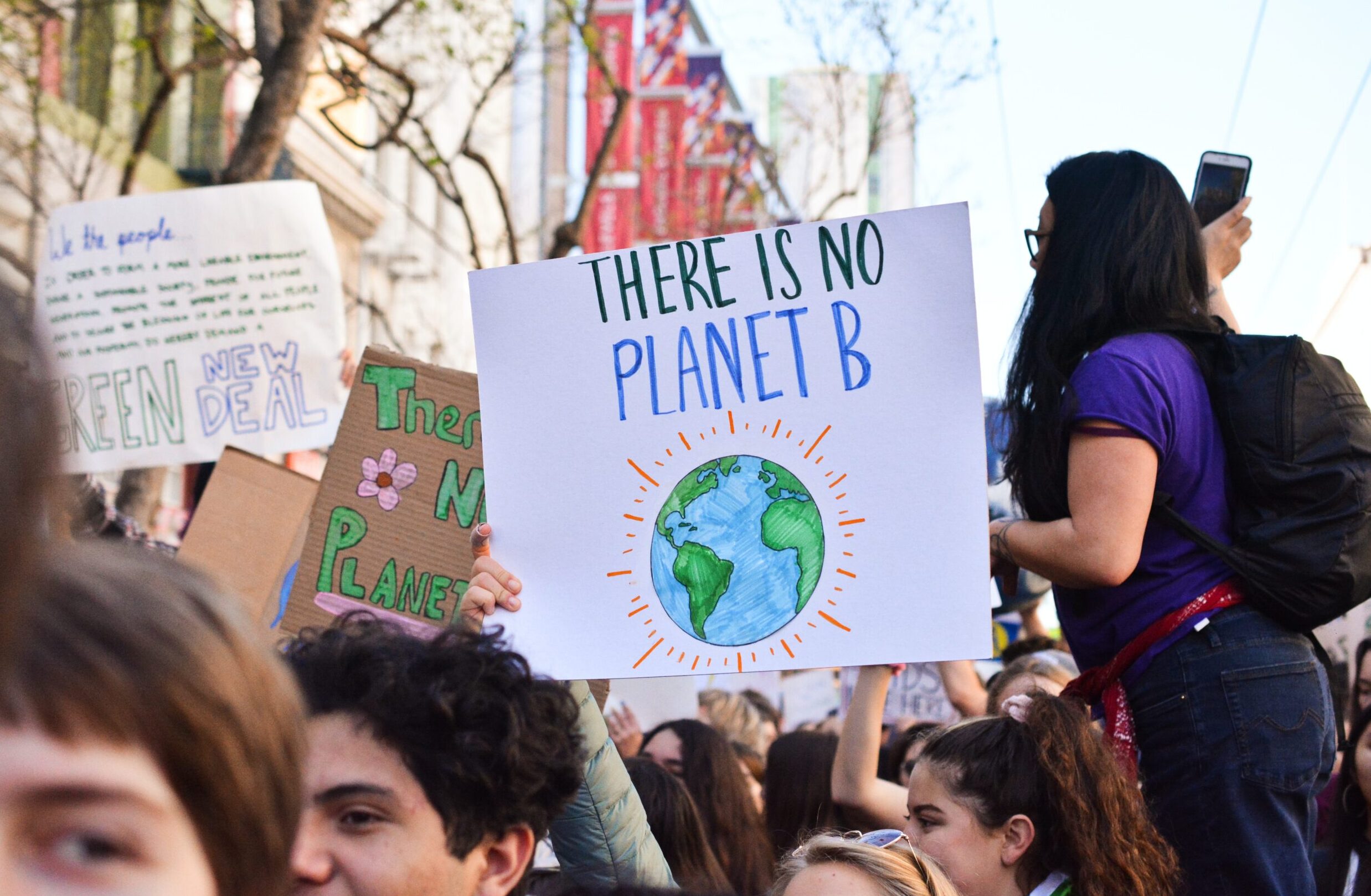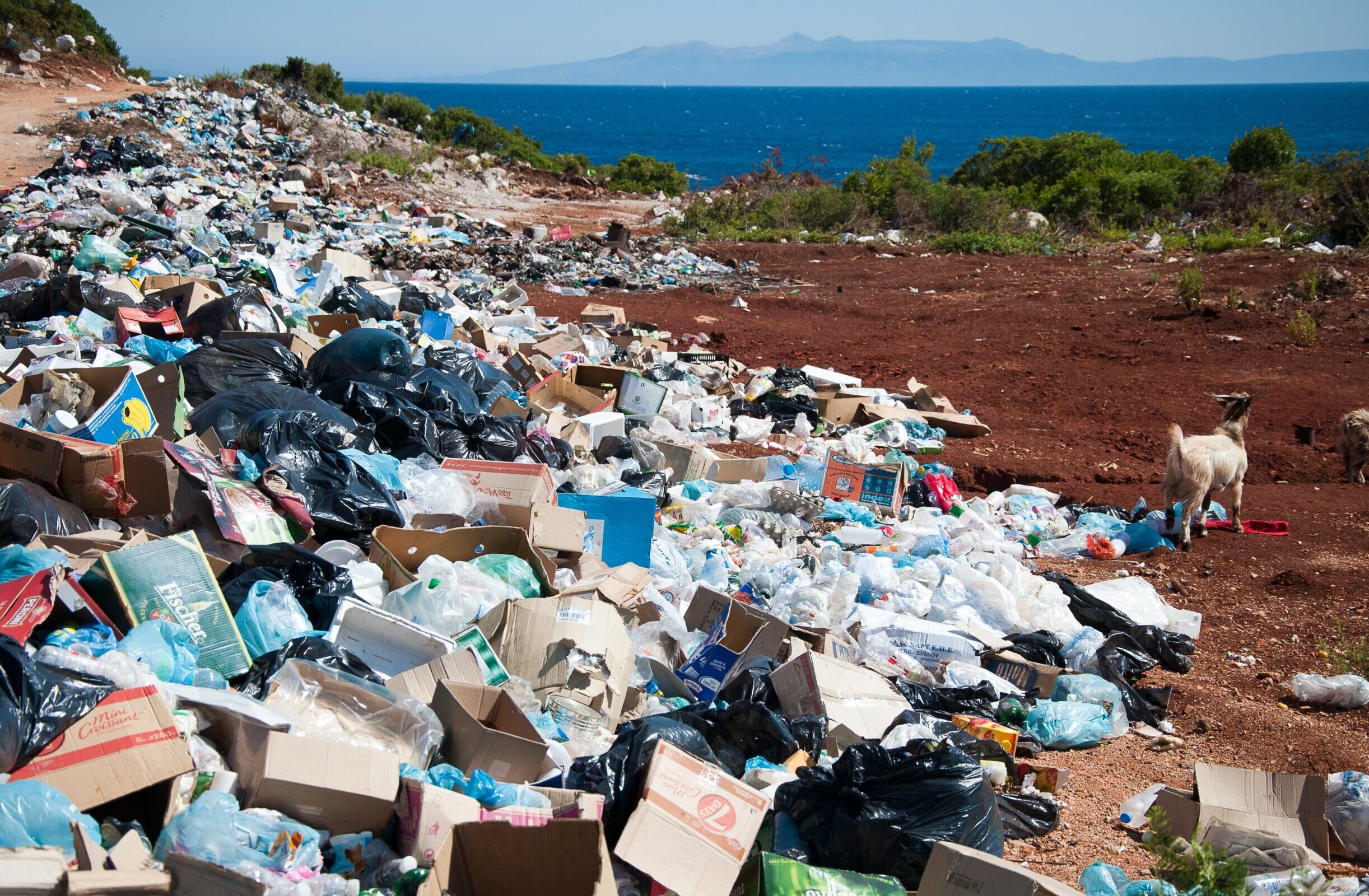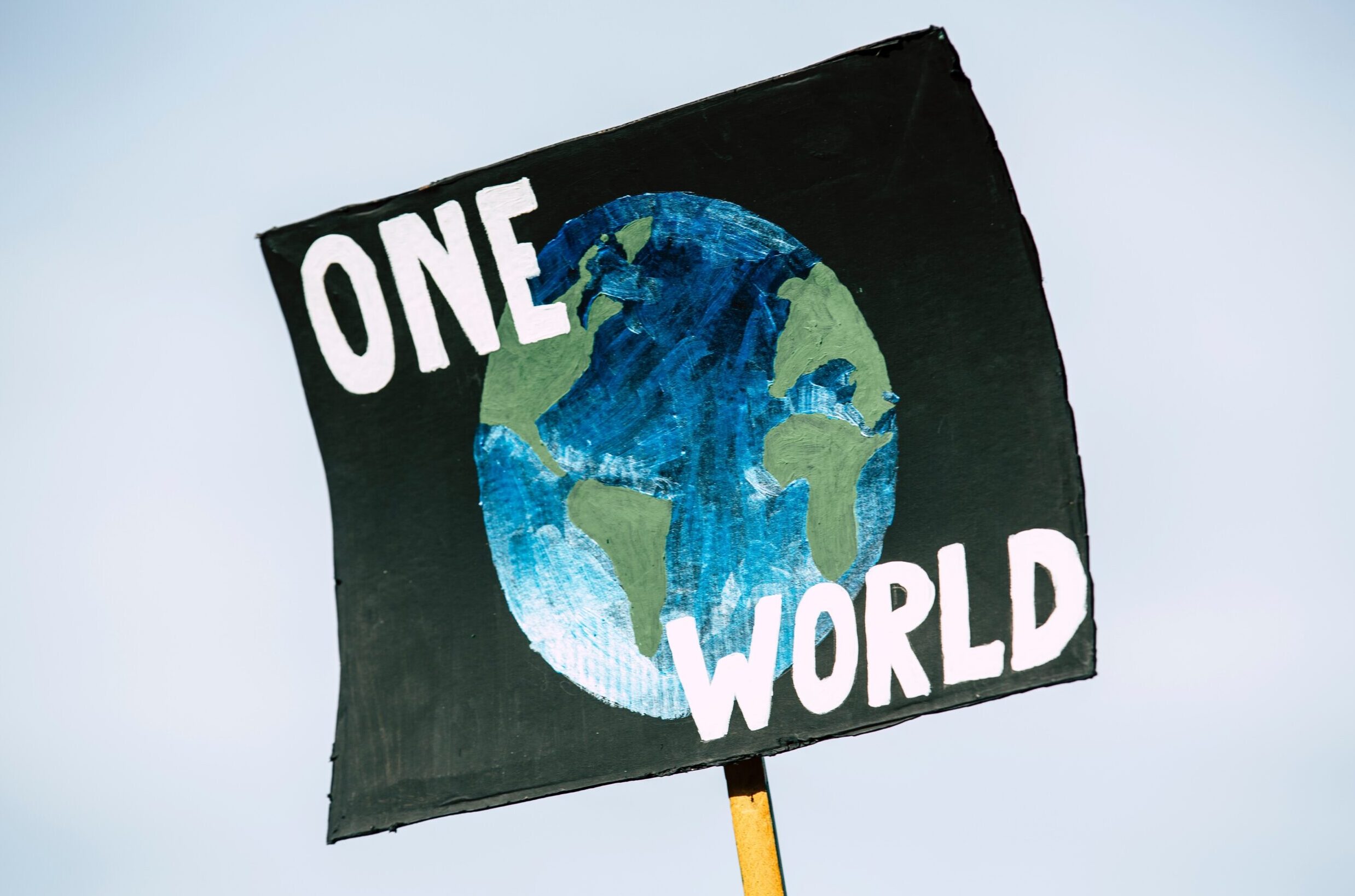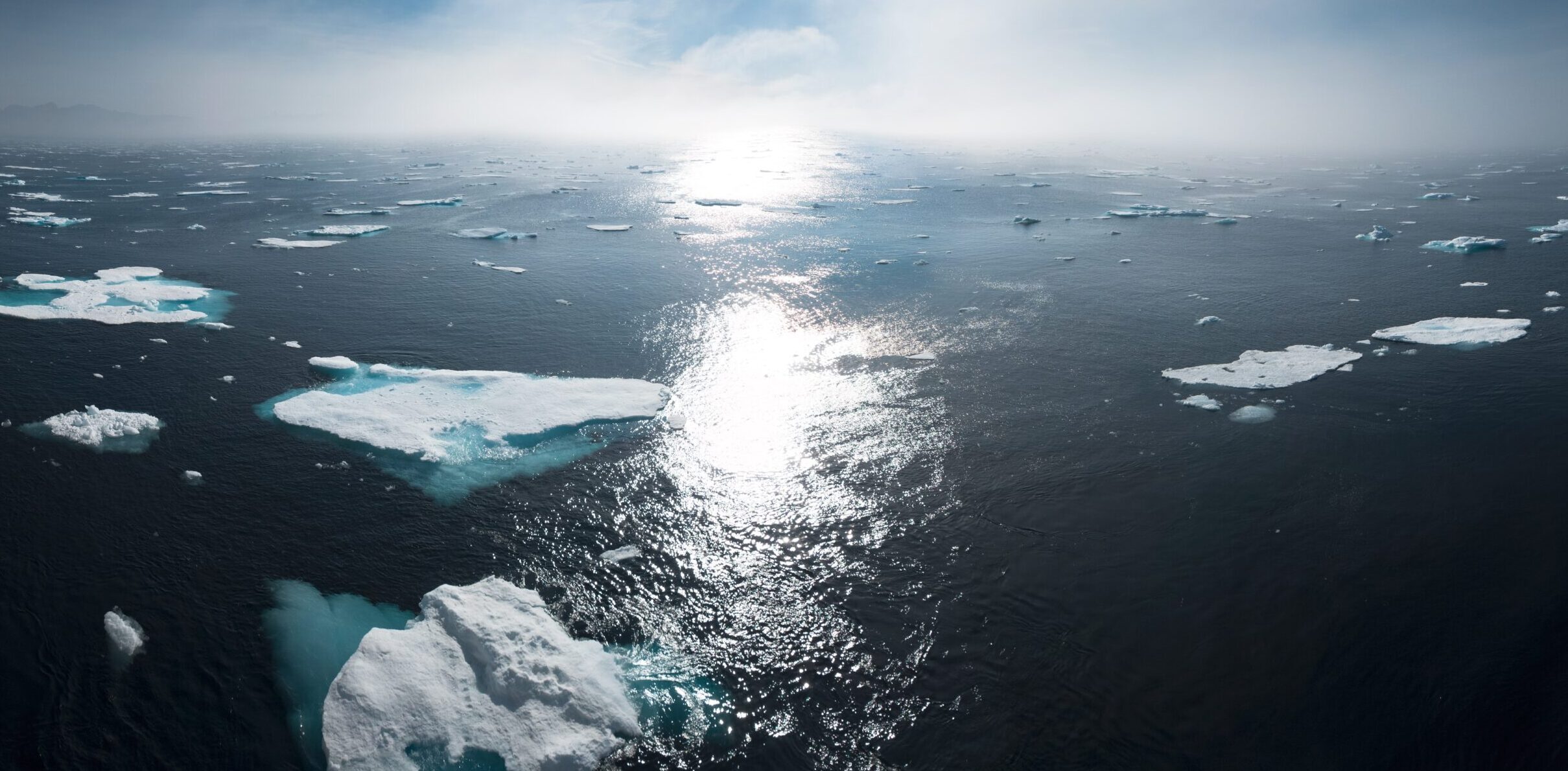Climate change is not just a buzzword or a distant problem; it is an urgent reality that demands action from all of us. In this article, we will discuss how everyday choices and actions can either contribute to or mitigate the impacts of climate change. Get ready to discover practical steps you can take to make a positive difference in combating this environmental crisis! Let’s dive in!
What is climate change?
Climate change refers to the long-term alteration of Earth’s climate patterns, resulting in shifts in temperature, precipitation levels, and weather events. It is primarily caused by human activities that release greenhouse gases into the atmosphere, such as burning fossil fuels for energy production and deforestation.

These greenhouse gases trap heat from the sun within the Earth’s atmosphere, leading to a gradual increase in global temperatures. This phenomenon has far-reaching consequences for our planet and all living beings inhabiting it.
The impacts of climate change are wide-ranging and include rising sea levels, more frequent and severe extreme weather events like hurricanes and droughts, disruptions to ecosystems and biodiversity loss, as well as threats to food security and human health.
It is important to note that climate change is not just an isolated problem; it intersects with other social issues such as poverty, inequality, and political instability. Addressing climate change requires a comprehensive approach that takes into account both environmental sustainability and social justice.
Understanding what climate change entails is crucial because it allows us to grasp the urgency of taking action. By recognizing that our actions have direct consequences on this global issue, we can then begin exploring ways in which individuals can play their part in addressing climate change effectively.
How do individuals contribute to climate change?
Individuals play a significant role in contributing to climate change, often unknowingly. One of the main ways individuals contribute is through their consumption habits. The excessive use of fossil fuels for transportation and energy production leads to greenhouse gas emissions, which contribute to global warming. Additionally, deforestation caused by unsustainable agriculture practices also releases carbon dioxide into the atmosphere.
Furthermore, individual choices regarding diet can have an impact on climate change. The production of meat and dairy products requires large amounts of land and water resources, leading to increased methane emissions from livestock. Wasting food also contributes to greenhouse gas emissions as it decomposes in landfills.
Another way individuals contribute is through their everyday actions such as wasting electricity or not properly recycling waste materials. Leaving lights on when not needed or using appliances inefficiently increases energy consumption and carbon footprint.

Air travel has become increasingly popular among individuals for leisure or business purposes. However, flying produces significant amounts of carbon dioxide and other pollutants that harm the environment.
It is important for individuals to be aware of these contributions they make towards climate change in order to take meaningful action towards reducing their impact on the planet’s health
What are some ways individuals can address climate change?
There are numerous ways that individuals can play a vital role in addressing climate change. One of the most effective actions is reducing energy consumption. This can be achieved by using energy-efficient appliances, turning off lights and electronics when not in use, and adopting more sustainable transportation methods such as carpooling or biking.
Another impactful step is to reduce waste production. By practicing recycling and composting, individuals can significantly minimize the amount of waste that ends up in landfills, which contributes to greenhouse gas emissions. Additionally, choosing products with minimal packaging and avoiding single-use items like plastic bags and water bottles helps reduce waste further.
Individuals can also make a difference by consuming responsibly. Supporting local farmers markets and buying organic produce reduces the carbon footprint associated with long-distance transportation and chemical-intensive farming practices. Choosing plant-based options over meat and dairy products also helps decrease methane emissions from livestock.
Furthermore, promoting awareness through education is crucial. Individuals can engage in conversations about climate change with friends, family, colleagues, or even on social media platforms to spread information about its impact on our planet’s future.
It is clear that individual actions have significant potential for combating climate change. By making small changes in our daily lives – whether it’s reducing energy consumption or advocating for sustainable practices – we can collectively contribute towards creating a greener future for generations to come!
Climate change is a global issue that requires collective action from governments, organizations, and individuals. While it may be easy to feel overwhelmed by the magnitude of the problem, every individual has an important role to play in addressing climate change.
By understanding the causes and consequences of climate change, individuals can make informed choices that reduce their carbon footprint. This includes adopting sustainable lifestyle practices such as conserving energy at home, reducing waste, and choosing eco-friendly transportation options. Small changes can add up to significant reductions in greenhouse gas emissions.
Furthermore, individuals have the power to advocate for change on a larger scale. By voicing concerns about climate policies to elected officials or supporting organizations working towards environmental sustainability, individuals can contribute to shaping a greener future.
Education also plays a crucial role in addressing climate change. By staying informed about scientific research and sharing knowledge with others, individuals can help raise awareness about the urgency of taking action against climate change.
It’s important to remember that addressing climate change is not solely the responsibility of governments or large corporations – every person has agency and influence. Together we can create a more sustainable world for present and future generations.

